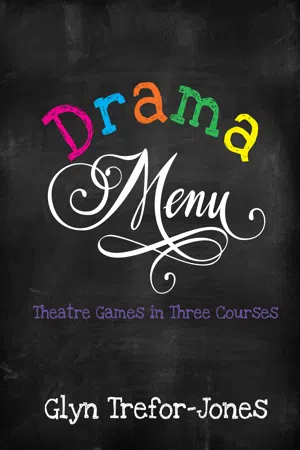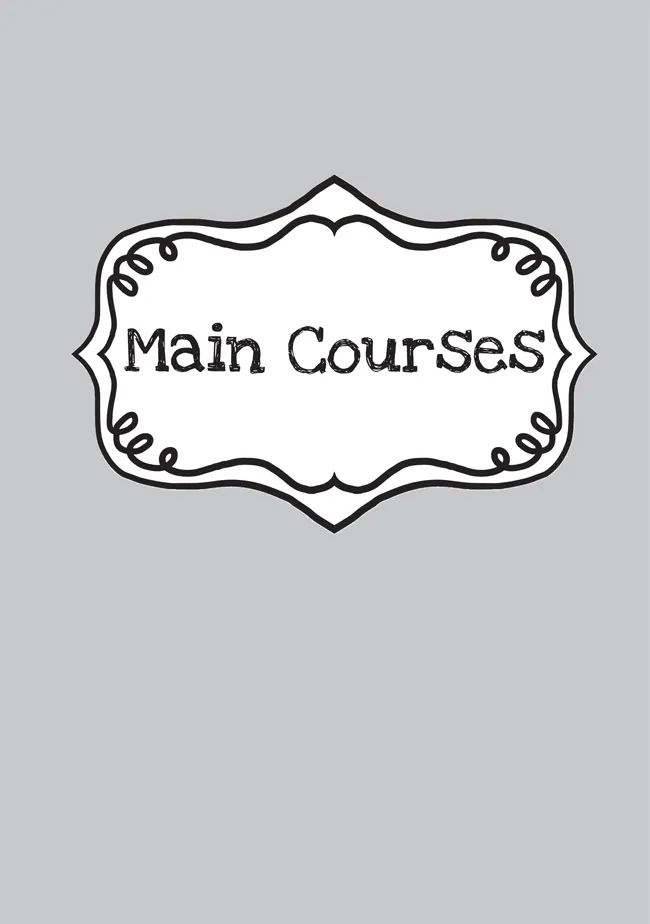
- 216 pages
- English
- ePUB (mobile friendly)
- Available on iOS & Android
About This Book
Drama Menu is a brand new concept for planning and delivering dynamic, progressive drama lessons and workshops. Packed with over 150 tried-and-tested theatre games, exercises and improvisation ideas, it's an essential resource for any drama teacher or workshop leader – guaranteed to deliver delicious drama sessions every time.
Simply make a selection from each of the three courses, and your whole drama session will come to life with new-found energy and focus:
Appetisers are fast-paced warm-up exercises to energise and enthuse the group; Starters are the intermediary course to challenge the players and encourage creativity; Main Courses provide the central part of the session, culminating in a final performance piece; And a few Desserts are also provided, if you have some space at the end of your session for something sweet.
Drama Menu is the recipe book that will relieve the stress of planning lessons and workshops. Now you can get on with what you do best: delivering creative drama sessions that will have your groups hungry for more.
Join the online Drama Menu community, browse and share other recommended menus, and download a comprehensive Resource Pack and selection of sound effects, providing everything you need to start playing straight away. www.DramaMenu.com
Frequently asked questions
Information

 | Acting Attack |
1) | Hysterical laughter. |
2) | Desperate crying. |
3) | Blood-curdling scream. |
4) | Silence. |
 | Silent Start |
* | A parent has just told her child that she’s adopted. |
* | A wife has walked in on her husband having an affair. |
* | A daughter has informed her parents of her test results. |
 | Sound Script |
 | Phone Focus |
Table of contents
- Cover
- Title Page
- Contents
- Dedication
- Introduction
- Appetisers
- Starters
- Main Courses
- Desserts
- Appendices
- Suggested Combinations
- Exercises by Category
- Index of Games
- Copyright